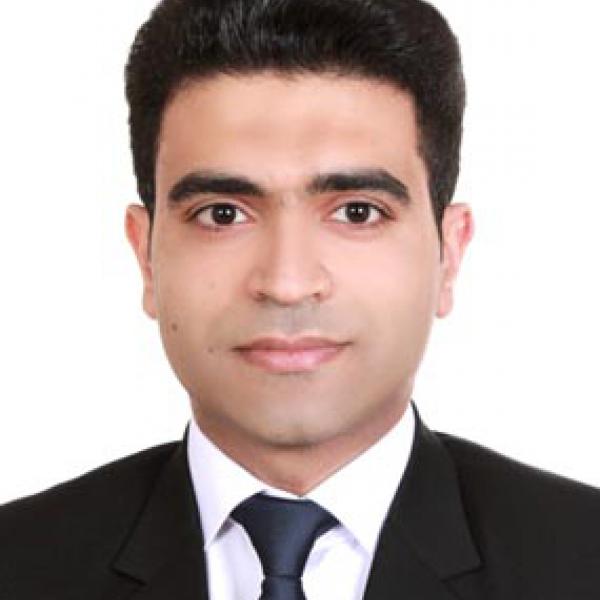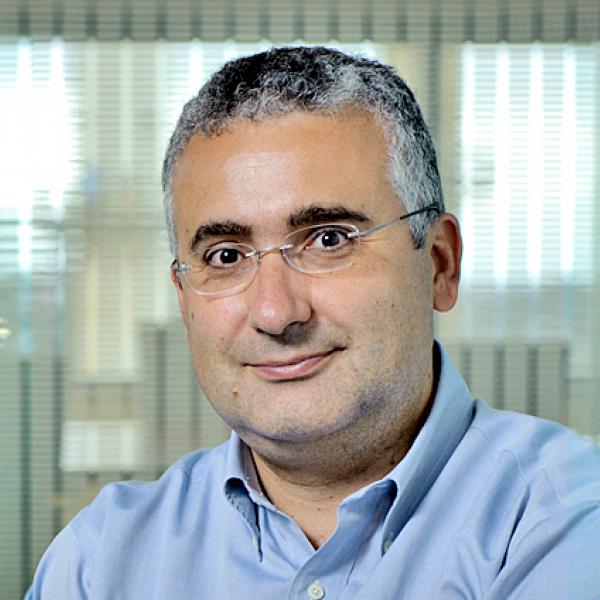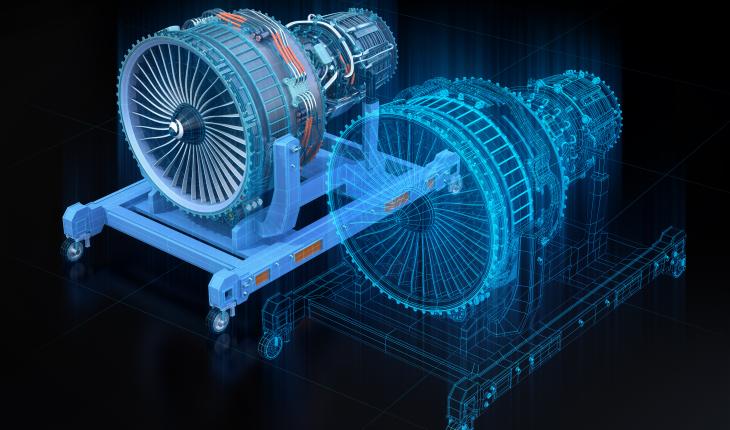Silvia Mastellone

Prof. Dr.
Silvia Mastellone
PI
Equal Opportunity Chair
I am passionate about control systems as a discipline that links the abstraction of elegant mathematics with the concrete of engineering.
Silvia Mastellone is Professor for Control and Signal Processing at the University of Applied Science Northwestern Switzerland. She obtained her PhD degree in Systems and Entrepreneurial Engineering from the University of Illinois at Urbana-Champaign in 2008. From 2008 to 2016 she was Principal Scientist at ABB Corporate Research Center in Switzerland, where she led research projects in the area of advanced control for energy systems. Her research interests include decentralized control and estimation and networked control systems, with applications in power conversion and energy systems. She is a member of the IFAC Industry Executive Committee and a member of the advisory board for the multiutility IBB.














